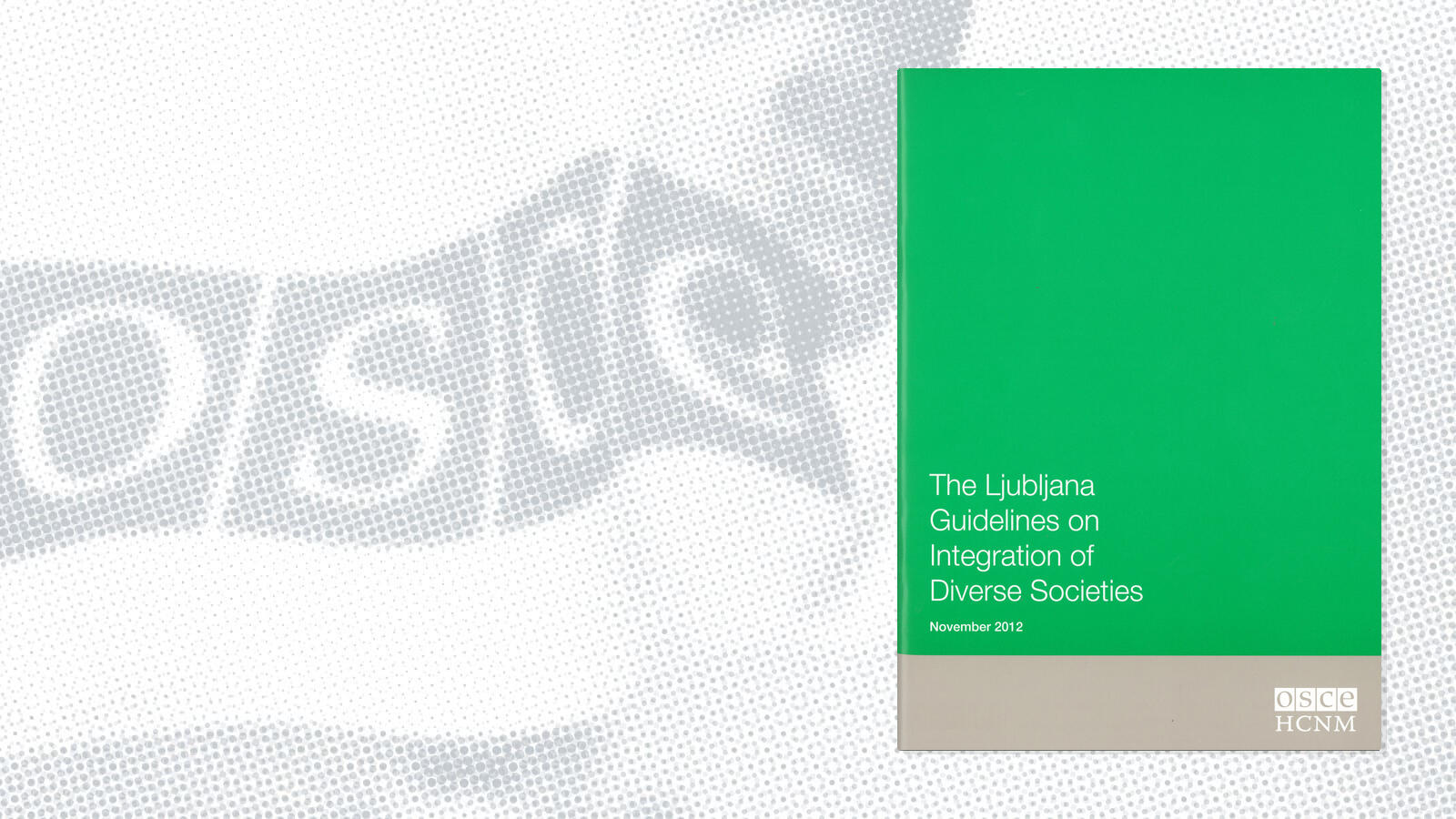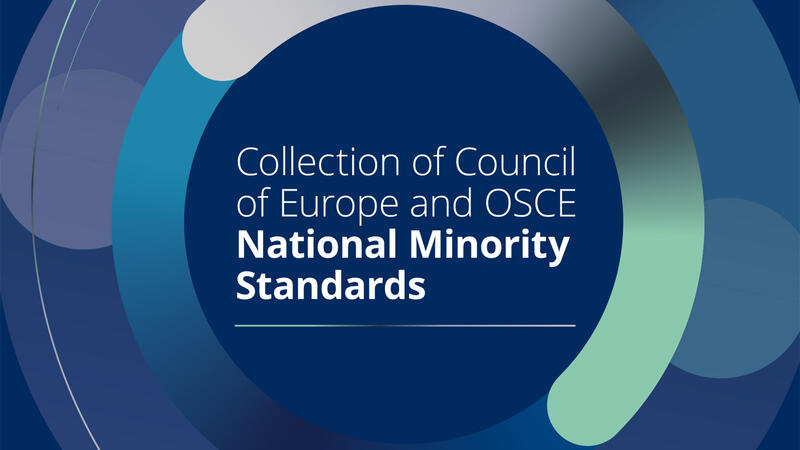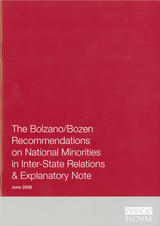
National minority issues

The High Commissioner on National Minorities provides early warning and conflict prevention in regard to national minority issues.
What are national minority issues?
The High Commissioner is specifically mandated to address tensions involving national minority issues.
In some states, issues related to ethnic, cultural, linguistic and religious communities can become sources of tension, division and conflict. Tensions can emerge within a society or between states, undermining trust and cohesion. Left unchecked, such tensions can threaten peace and stability. Divisions can also be exploited for political reasons.
Although there is no universally agreed definition of “national minority”, the mandate makes it clear that this includes ethnic, linguistic and religious minorities. The High Commissioner uses the term “national minority” to refer to a wide range of persons, including ethnic, religious, linguistic and cultural communities, regardless of whether these groups are recognized as such by the states where they reside and irrespective of the designation applied to or claimed by them.
Moreover, since individual identities are often multiple, multilayered, contextual and dynamic, the High Commissioner understands the term to include combinations of identity expression. The High Commissioner also pays attention to gender issues, which often intersect with minority concerns. Furthermore, because the High Commissioner promotes integration as a dynamic, multi-actor process of mutual engagement that facilitates effective participation by all members of a diverse society, other under-represented minority groups may be included.
While minority rights are vital to conflict prevention, the High Commissioner is not empowered to act as a human rights monitor and does not investigate individual cases.
Featured
Activities, news and other highlights
News and activities
Current announcements, press releases, media advisories and other updates
Resources
Official OSCE documents, publications and other manually selected resources

The Ljubljana Guidelines on Integration of Diverse Societies
Thematic Recommendations and Guidelines

Collection of Council of Europe and OSCE national minority standards
Online resource collecting all key documents and texts on national minority standards from the OSCE and the Council of Europe.
